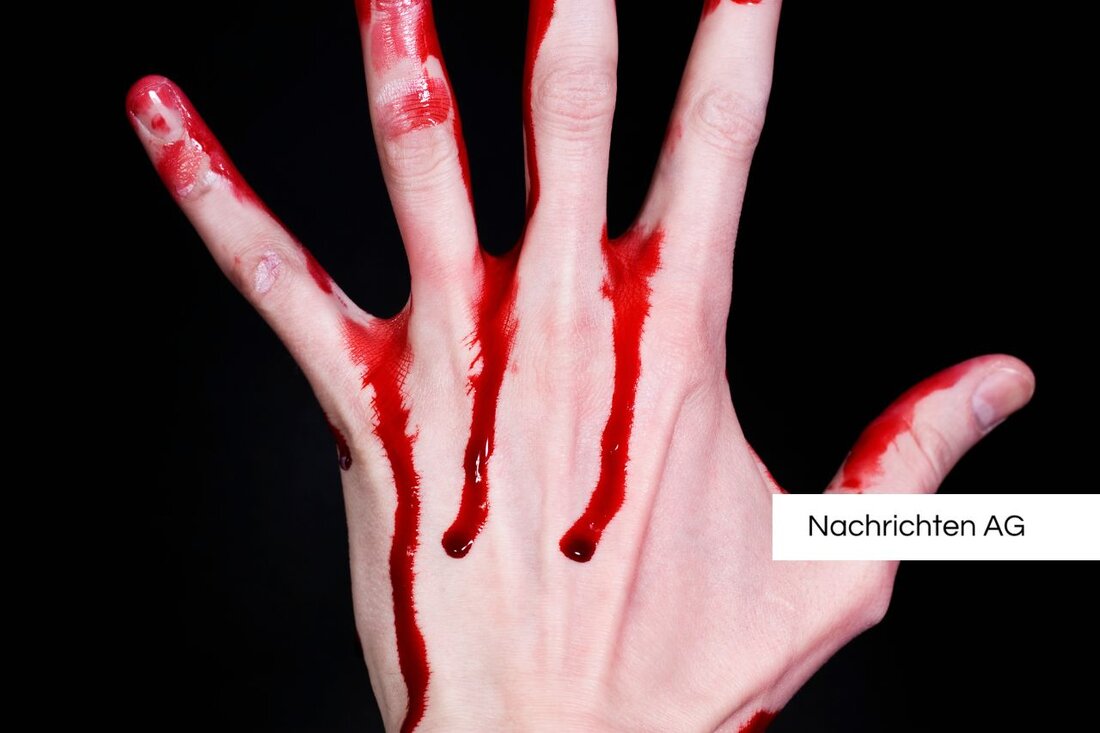Alarm in Cologne: Asian tiger mosquito discovered – act now!
The Asian tiger mosquito was detected in Cologne-Nippes. The health department warns and calls for action to combat breeding sites.

Alarm in Cologne: Asian tiger mosquito discovered – act now!
There is reason to be cautious in Cologne: the Asian tiger mosquito was first detected in the Nippes and Rodenkirchen districts. This small, black and white patterned mosquito, no larger than a dime, is particularly active during the day and is hungry for blood. The t-online.de reports that it could be considered a potential carrier of various viruses such as Dengue, Zika and Chikungunya. According to the Robert Koch Institute (RKI), there is currently no acute health risk, as there have been no transmissions of these diseases by tiger mosquitoes in Germany.
The mosquitoes lay their eggs in small pools of water between April and October. These include flower pot saucers, watering cans or rain barrels. Old tires outdoors also provide an excellent nesting place. A special feature of this mosquito species is that its eggs can survive drought and frost down to minus ten degrees, which makes it possible to overwinter in Cologne.
What to do about the mosquito plague?
The city's health department is calling on Cologne residents to eliminate possible breeding sites. It is recommended that water containers be emptied weekly and rinsed thoroughly with hot water. Closing rain barrels and cleaning gutters are other important measures. Unused containers should be discarded to avoid creating breeding grounds. The weekly cleaning of animal and bird baths should also not be neglected. Anyone who has unavoidable water retention can use Bti tablets, which kill mosquito larvae but are harmless to people and animals.
A very important point: If someone finds suspicious mosquitoes, they should report this to the “Mückenatlas” as quickly as possible or send a photo to tigermuecke@stadt-koeln.de. Together, the people of Cologne can ensure that the spread of the tiger mosquito is stopped.
The dangers of the tiger mosquito
How dangerous are Asian tiger mosquito bites? Only the female mosquitoes bite to obtain a special protein for laying eggs. When they bite, they inject an anticoagulant, which causes redness, swelling and itching in humans. However, there is no way to immediately detect whether such a bite has transmitted dangerous viruses. Symptoms of infectious diseases often only appear later. Interestingly, all cases in Germany so far can be traced back to trips abroad, as quarks.de points out. Infectious diseases such as dengue fever or chikungunya fever can be serious as a result.
For the people of Cologne, this means that they should also be vigilant about their own mosquito bites. You should especially see a doctor if you experience fever or joint pain after a sting, as this could indicate a tropical disease. Potential risk groups are primarily people who spend a lot of time outdoors - be they gardeners or athletes who often spend time at the popular bathing lakes.
The tiger mosquito has its origins in Southeast Asia and has been spreading in southern and central Europe for several years. adac.de also confirms that it is now native to Germany. Baden-Württemberg is particularly affected, but established populations have already been established in other federal states.
According to experts, the risk of contracting a tropical disease in Germany is low for most people, but small to medium-sized outbreaks are possible, especially in regions where the tiger mosquito has already established itself. It is therefore all the more important to remain vigilant and act according to appropriate recommendations for mosquito protection.

 Suche
Suche
 Mein Konto
Mein Konto